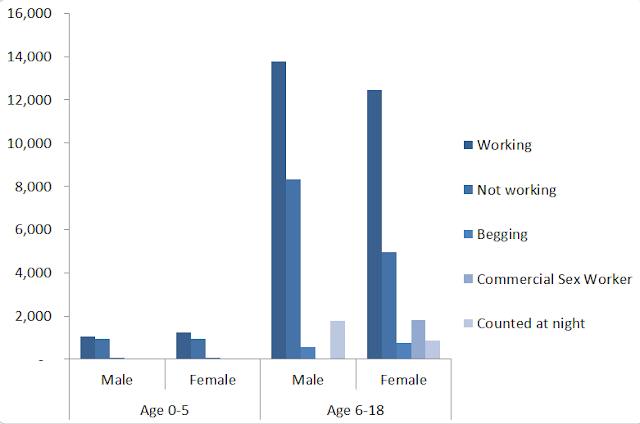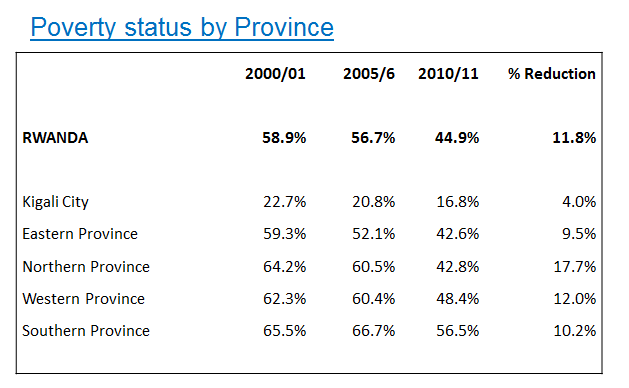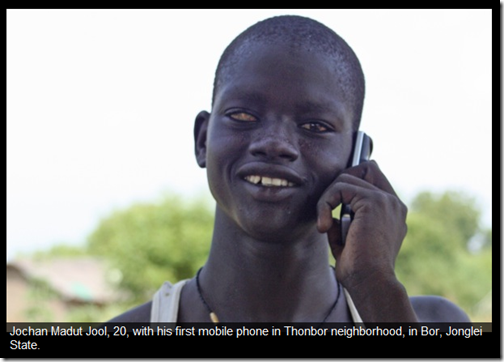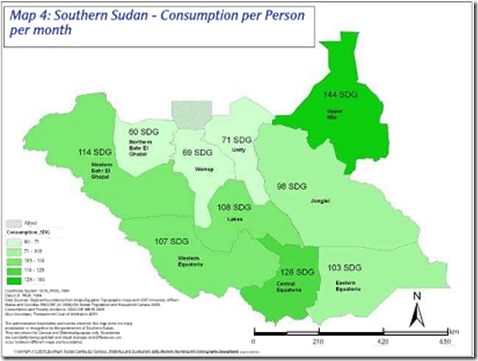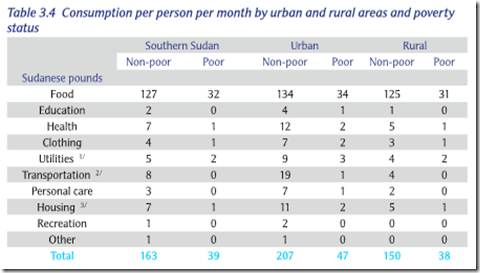Last night at my local primary school Governor meeting one of the other governors objected to a table showing a disaggregation of recent pupil discipline issues categorised by ethnic grouping. “Should we really be calling children ‘White Other’ or ‘Black Other’?” Turns out these are the standard official government categories offered to students/parents to self-identify with. As a researcher I'm naturally interested in as many descriptive categories as possible to help understand the factors that drive differences in outcomes between individuals, but every time we ask the question we also ask people to think in ethnic or racial or national terms, highlighting our differences not the more in common.
As Chris Dillow wrote recently in an excellent take-down of David Goodheart:
"The thing is, we all have multiple identities: I’m tall, white, Oxford-educated, bald, heterosexual, male, bourgeois with a working class background, an economist, an atheist with a Methodist upbringing. And so on and on. The question is not: what are my identities? But rather: which of these identities matter?
…
Even if you accept biological essentialism, the question of which of our multiple identities becomes salient is surely in large part a social construct.
...
No good can come from raising the salience of racial or ethnic identities."
The issue comes up often in national censuses. For the last South Sudan census in 2008 it was decided it was too politically charged to ask people their ethnic group. Lebanon hasn’t had a census to count the number of Christians and Muslims
since 1932. In the UK, the government recently started asking schools for pupil’s nationalities, with a
stated aim of allowing for better targeting of support, but leading to widespread suspicion and calls for a
boycott.
The first step to thinking about when we should and should not ask for ethnic identities might be assigning some plausible values to the likely costs and benefits of doing so. A
new paper by
Evan S. Lieberman and Prerna Singh has taken a systematic approach and coded over 1000 census questionnaires for 150 countries over 200 years and whether they ask for ethnic identities.
"Through a series of cross-national statistical analyses, the authors find a robust association between enumeration of ethnic cleavages on the census and various forms of competition and conflict, including violent ethnic civil war”.
That seems like a pretty high price to pay.
